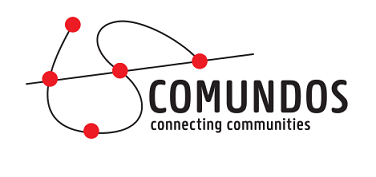Cultural differences in greetings: a focus on Spain
 Hello! My name is Axana. I’m from Belgium and I studied abroad for one semester. It was an incredible experience! This is Granada, a city in Andalusia, Spain.
Hello! My name is Axana. I’m from Belgium and I studied abroad for one semester. It was an incredible experience! This is Granada, a city in Andalusia, Spain.
In the very beginning of my stay, I noticed some differences in communication compared to what I was used to in Belgium.
One of my experiences was the following. While I was visiting the university for the first time, a Spanish professor greeted me by saying “Hola, ¿qué tal?” Its English equivalent would be “Hi, how are you?” I did what any other Belgian would do in this situation: I answered the question. The problem was that the woman was walking away without having received an answer. That is why I was left behind confused.
It made me learn that verbal communication differs from culture to culture. This kind of communication includes greetings, which sometimes are used in a phatic manner. Phatic communication is known as small talk and serves as a medium to establish a mood of sociability, to let the other person know that you are interested in their life.
So, next time you hear “Hola, ¿qué tal?” or “Hi, how are you?”, you should know that there is no expectation for an answer. In fact, you would get strange looks if you say more than just “bien” or “good”.
Another habit I observed is that Spaniards like to spend a lot of time at terraces of cafés. In the morning, they have their breakfast there and during lunch break they have a drink with lots of delicious tapas. I hope that this information about Spanish habits will come in handy the next time you visit the country.
A gift for Comundos
Over the years, Comundos has helped remote communities around the world by teaching critical thinking, media literacy and the use of communication technology.
To do this effectively, we need your support for computers, translations, courses and social media management.
Thank you .
BE11 1030 2973 8248




